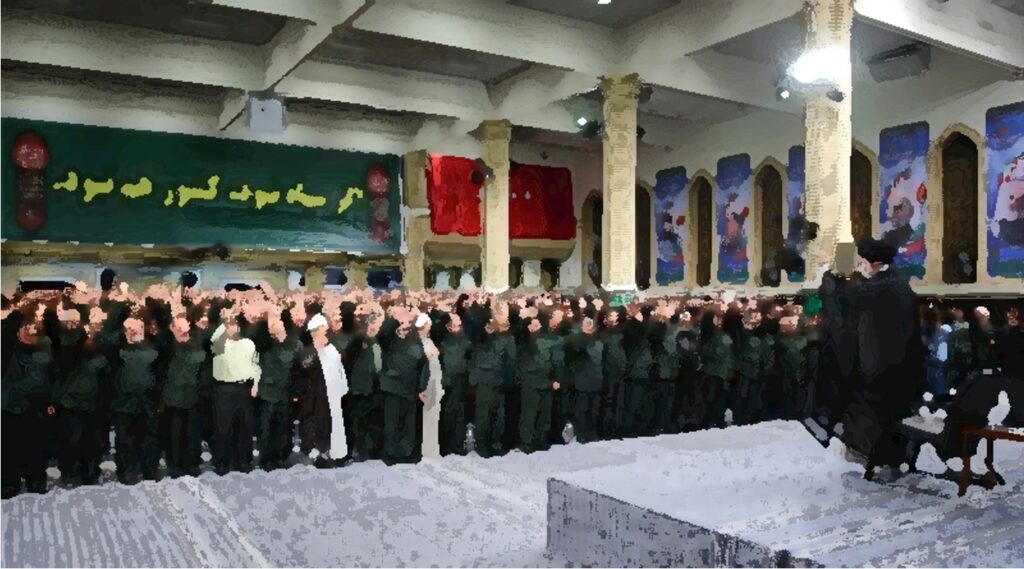As in history, today there are many global issues that are compressing time and space, further intensified by the excessive and special efforts of some politicians. The causes and consequences of these issues manifest differently in the eyes of the public. When I mention ‘The ruler and the people’, I would like to add other phrases: next to the ruler, the widespread; next to the people, segments subject to perception management.
Politics is as valuable and simultaneously as dangerous as human beings. Wars have been instigated or provoked by politics. The reality is, politicians and the people do not possess the same power. This remains true even with the presence of democracy and voting systems. Therefore, there are extensive discussions about the theory, types, and applications of politics. Such topics were debated in the past, but are even more so today.
Some of the most critical issues of our era include decay, self-interest, populism, and militarism.
Decay is a perennial topic in every political atmosphere. It cannot be solely attributed to democracy or despotism. For instance, even in the leading powers that initiate debates on democracy and autocracy and incorporate them into their national strategies, there are signs of decay.
Self-interest can be found everywhere. In fact, in certain regions, individuals engage in politics purely to advance their own interests.
According to a realistic approach, even if there are decaying aspects in countries, and even if self-interest intensifies, the production of great values and continuous advancement is believed to be achievable. However, populism and militarism lead to other outcomes; continuous decay and self-interest.
Today, the definition of populism has evolved into modern populism, becoming prevalent in authoritarian and democratically authoritarian systems.
Militarization manifests in various forms, such as through terrorism, militarism, fascism, etc. The ways democratic countries militarize their societies vary according to their powers and strategies. As a result of their policies, some militarize their own people, while others target foreign societies.
Combinations of these are also possible; in several or all forms.
The widespread adoption or implementation of policies has become easier today. The primary method involves tools used by modern populism. Through controllable media and social media, by creating favorable segments via institutional structures, by influencing socio-economic workings, by exploiting ethnic and religious issues, by demonizing other societies, countries, and systems, or by continually creating an enemy to prioritize security-centered policies… All these widespread issues produce harmful outcomes for the public, while relatively benefiting the increasingly dominant side. Widespread ideas pull the public to extremes. The public is constantly on alert.
Perception management is a significant project. It is not just conducted through media; this is a common misconception. Perception management is the essence of policymaking, a political project. Actions like pursuing a party movement or cause, being its primary component and soldier, behaving like a slave to a state-based structure, always thinking in terms of leaders rather than systems, etc. Considering this, the entire set of elements necessary to enable this must exist. For the construction of perception, it is necessary to expand the political base, which requires building symbiotically connected social and institutional structures. Even the most marginal communities with extreme ideas and activities are termed Non-Governmental Organizations, ensuring their legitimacy. While there should be a focus on developing more scientific and administratively based institutional structures, they are transformed into entities that control their functions and simultaneously expand the central authority circle with new institutions. If parties, NGOs, state institutions, semi-state institutions, and the media all operate in unison, strong perception management is achieved. Managing the public according to the created perception becomes easier with these methods, even suppressing alternative thoughts, movements, or opposition.
Long-term governments ensure the consistent achievement of multiple objectives. In terms of our subject, there is nothing that cannot be achieved with governments lasting several generations. You can find the power to compress time and space, mobilize the public in the desired direction, and significantly shape the structure of the state.
There is a difference between modern and conservative state structures. This difference concerns how actions for the people’s benefit are shaped according to which legal structure. Conservative states prioritize state authority, establish central thought as dominant, and develop every element that supports the state’s power. Modern states, in contrast, bind even the law between the state and the people to a certain basis, prioritizing the development of the people’s power, especially individual-based power.
Considering these points I have listed, observe the arguments and structures in the hands of politicians, and the direction their goals are developing. Add to this the differences between powers; great power, normal power, weak power, etc. In today’s time frame, the world is becoming increasingly tense, and policies are being pulled to extremes. Some regions are referred to as spheres of influence, gray areas, playgrounds, etc. If the people(s) in these countries cannot comprehend what is happening, it creates an even more dangerous situation. Unawareness lays the groundwork for all kinds of conflict.
You cannot blame anyone if a country makes its own choice through its politicians and declares a shift towards a particular side, this is then accepted as a factual situation. Foreign policy looks at such real situations.
Some societies have not been able to escape cultural upheavals and have not experienced an Enlightenment period. They are more prone to autocracy, populism, and militarism. Additional political pressure is not necessary, as they can be driven to extremes with just a little manipulative policy. However, the people living in these areas deserve better governance. Humanity requires this; humanity wants to be free from the imaginary thoughts.

